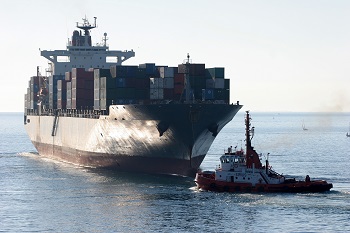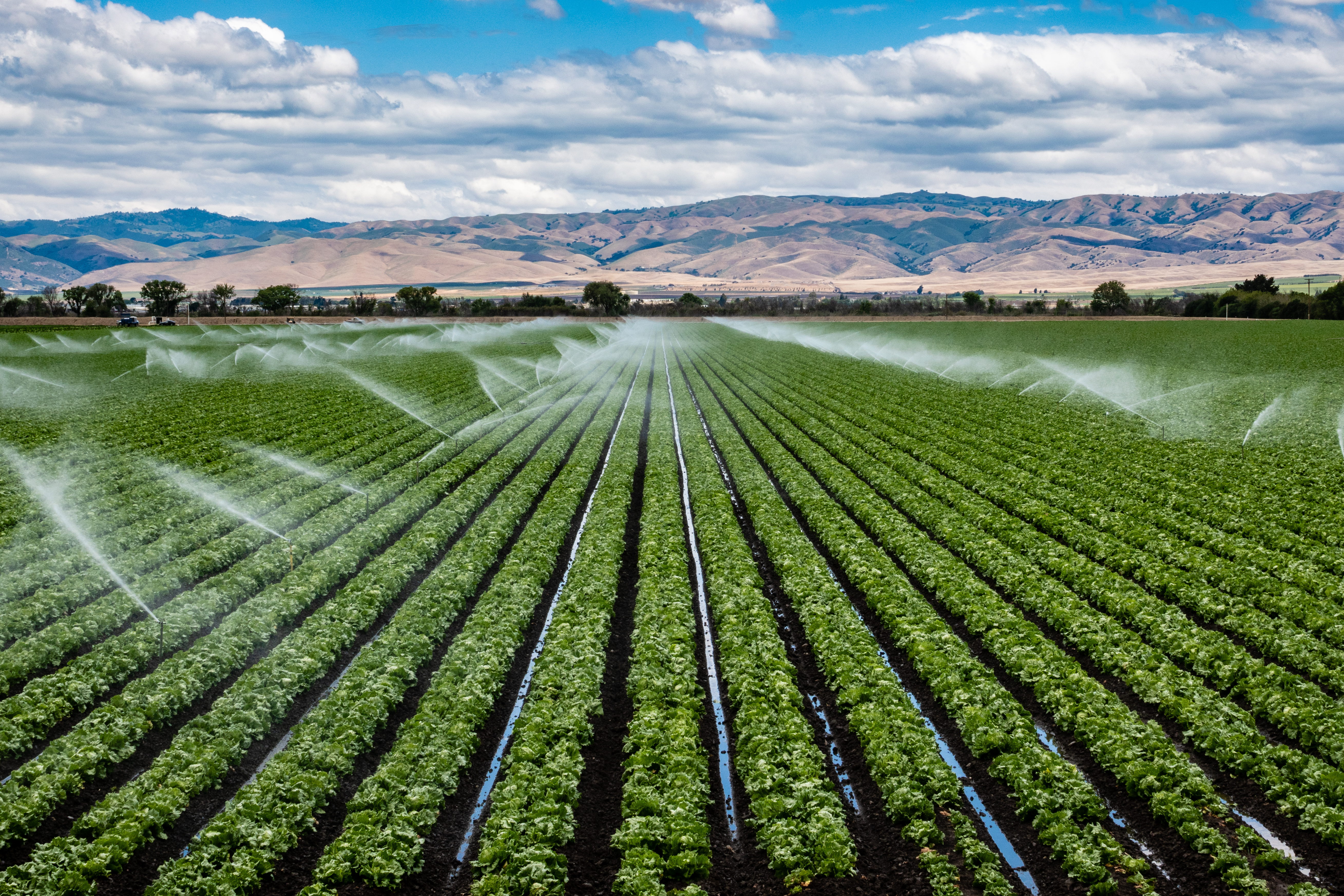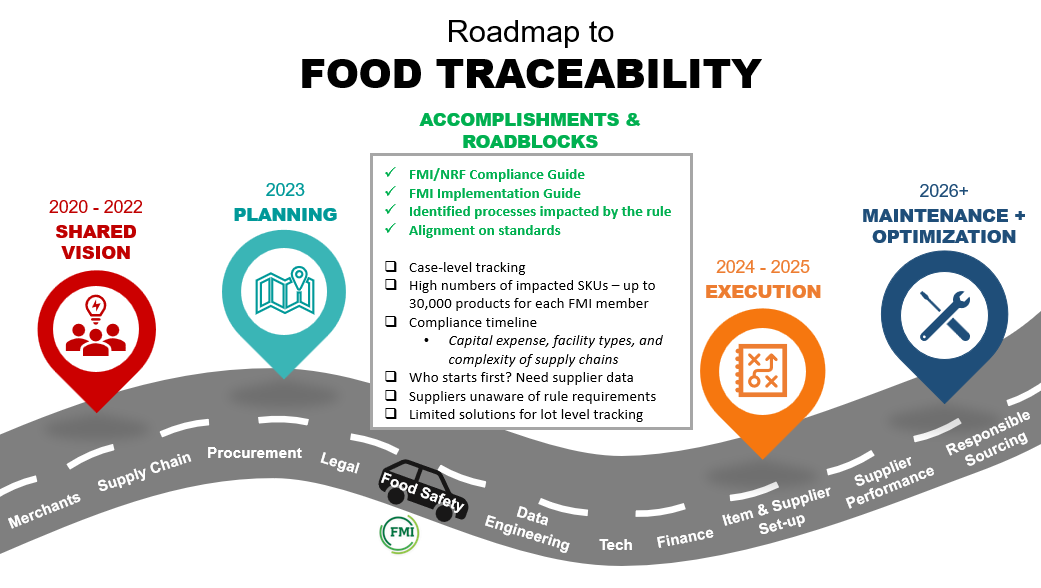By: Hilary Thesmar, PhD, RD, FMI Vice President, Food Safety Programs, Food Marketing Institute

According to USDA Economic Research Service, from 2000-2014 the volume of food imports increased 7.8 percent. In the United States, some foods offered for sale are simply not available from domestic sources, for example, wines, premium coffee beans, some fruits and vegetables, and spices to name a few. FDA regulates more than $49 billion worth of food imports and oversees more than 377,000 food facilities, 154,000 domestic food facilities and 223,000 international food facilities. These facilities manufacture, process, pack, and/or hold food consumed by humans or animals. FDA inspections of foreign food facilities cost significantly more than inspections of domestic food facilities.
In an effort to minimize cost and focus on the most high-risk foreign food facilities FDA has published draft guidance for the Voluntary Qualified Importer Program (VQIP). VQIP is a voluntary, fee-based program and will serve as a means to expedite the process for importers of food who have demonstrated control over the safety of their supply chains. VQIP falls under the import provisions of FSMA which were designed to improve the safety of imported food.
To be eligible for VQIP, importers must have at least a three year history importing food into the United States without any FDA administrative, judicial actions nor have a history of non-compliance with food safety regulations by importer or supply chain.
Each foreign establishment participating in VQIP must be certified under FDA’s accredited third party audit program. VQIP applicants must include as part of their application policies and procedures of their VQIP Quality Assurance Program (QAP). VQIP QAP includes information about the organization such as a Corporate Quality Policy Statement and Organization Structure. In addition, organizational food safety policy and procedures that will be implemented and food defense policy and procedures that are in place to protect against intentional adulteration and assure control of the safety and security of the food.
VQIP adds more documentation to the list of records to maintain for FDA Review. These records will need to be maintained for at least two years and must be assessable within 24 hours of a FDA request.
Comparison of records to be maintained for domestic suppliers and importers
| *Records for Domestic Products | Records for FSVP |
*Record requirements may get more specific when final rules are published. |
|
With the likelihood of an increase in the number of records required to be maintained, the automation of records management is a must.
ReposiTrak offers a solution that will help with compliance of the additional recordkeeping requirements of FSMA. ReposiTrak enables grocery warehouses, supermarkets, packaged goods manufacturers, food processing facilities, growers, drug stores and drug manufacturers, and logistics partners to track and trace products and components throughout the global food, drug and dietary supplement supply chains. ReposiTrak also reduces risk in the supply chain by receiving, storing, maintaining, sharing, and providing compliance reporting and proactive expiration alerting of audit, inspection and regulatory documentation required between supplier and customer, all from one convenient location.
A webinar was presented on the FSMA import provisions on July 7 by ReposiTrak and FMI. To view the webinar, slides and Q&A, please click here.


 Industry Topics address your specific area of expertise with resources, reports, events and more.
Industry Topics address your specific area of expertise with resources, reports, events and more.
 Our Research covers consumer behavior and retail operation benchmarks so you can make informed business decisions.
Our Research covers consumer behavior and retail operation benchmarks so you can make informed business decisions.
 Events and Education including online and in-person help you advance your food retail career.
Events and Education including online and in-person help you advance your food retail career.
 Food Safety training, resources and guidance that help you create a company food safety culture.
Food Safety training, resources and guidance that help you create a company food safety culture.
 Government Affairs work — federal and state — on the latest food industry policy, regulatory and legislative issues.
Government Affairs work — federal and state — on the latest food industry policy, regulatory and legislative issues.
 Get Involved. From industry awards to newsletters and committees, these resources help you take advantage of your membership.
Get Involved. From industry awards to newsletters and committees, these resources help you take advantage of your membership.
 Best practices, guidance documents, infographics, signage and more for the food industry on the COVID-19 pandemic.
Best practices, guidance documents, infographics, signage and more for the food industry on the COVID-19 pandemic.
